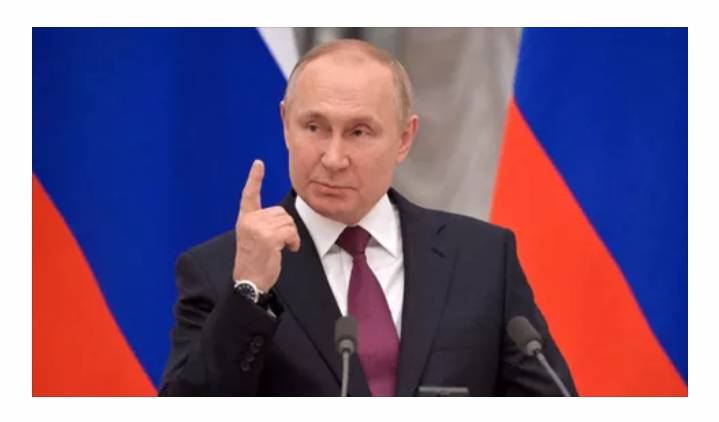Russia Accuses US of Engaging in Biological Warfare Activities in Ghana
In a fresh wave of international allegations, Russia has accused the United States of conducting covert biological warfare activities in Ghana. This claim, reportedly made during a recent press conference by a senior official from the Russian Ministry of Foreign Affairs, has raised eyebrows in diplomatic circles and sparked debate about the extent of foreign influence in Africa.
According to the Russian government, the alleged activities are linked to U.S.-funded laboratories operating within Ghana under the guise of public health initiatives. These laboratories, Russia claims, are engaged in experiments that could potentially endanger the health and safety of local populations. Moscow has further suggested that these projects are part of a broader strategy to test biological agents on unsuspecting populations in developing countries.
Details of the Allegations
The Russian spokesperson alleged that these laboratories were set up through partnerships with Ghana’s health authorities but are operated under tight control by U.S. agencies. The activities purportedly include genetic manipulation of pathogens, research on disease vectors, and trials of experimental vaccines that have not been approved for global use.
"These operations, disguised as humanitarian efforts, are a direct violation of international laws governing biological weapons. We call on the global community to hold the United States accountable for its reckless disregard for human life," the Russian official stated.
While Russia provided no direct evidence to support its accusations, it pointed to a similar pattern of U.S. activities in other countries, including Ukraine and Georgia, where U.S.-funded biological research has also been a source of controversy.
Ghanaian Government Responds
In response, the Ghanaian Ministry of Health has dismissed the claims as baseless and unfounded. A statement released by the ministry emphasized that all research facilities in Ghana operate under strict local and international regulations.
"The government of Ghana takes the health and safety of its citizens seriously. Any foreign collaboration in our health sector is thoroughly vetted and supervised. We assure the public that there are no activities in Ghana that compromise the well-being of our people," the statement read.
U.S. Reaction
The U.S. Embassy in Accra has also denied the allegations, describing them as "disinformation aimed at undermining Ghana’s strategic partnerships with the United States." An embassy representative highlighted the U.S.'s long-standing commitment to improving health outcomes in Africa through legitimate and transparent programs.
"U.S. initiatives in Ghana, including the support of laboratories and research institutions, are focused on combating diseases such as malaria, HIV, and COVID-19. These efforts are critical to saving lives and improving public health systems," the embassy noted.
Geopolitical Implications
The allegations come amidst growing tensions between Russia and the West, with Africa becoming a key battleground for influence. Experts suggest that these claims could be part of a broader propaganda war, as Russia seeks to strengthen ties with African nations while discrediting Western involvement on the continent.
"These accusations are not just about Ghana or the U.S.; they reflect the larger struggle for geopolitical dominance in Africa," says Dr. Kwame Mensah, a political analyst based in Accra. "Both Russia and the U.S. are vying for strategic influence, and such narratives are tools in this competition."
What’s Next?
The international community has called for calm and a thorough investigation into the matter to ascertain the truth behind the claims. Meanwhile, Ghana finds itself at the center of a controversy that could have far-reaching implications for its foreign relations.
As the accusations continue to unfold, Ghanaians remain divided. While some call for transparency and scrutiny of foreign activities, others dismiss the claims as political maneuvering with no basis in reality.
This story underscores the delicate balance African nations must maintain in navigating their partnerships with global powers, especially amidst increasing geopolitical tensions.




No comments yet
Be the first to share your thoughts!